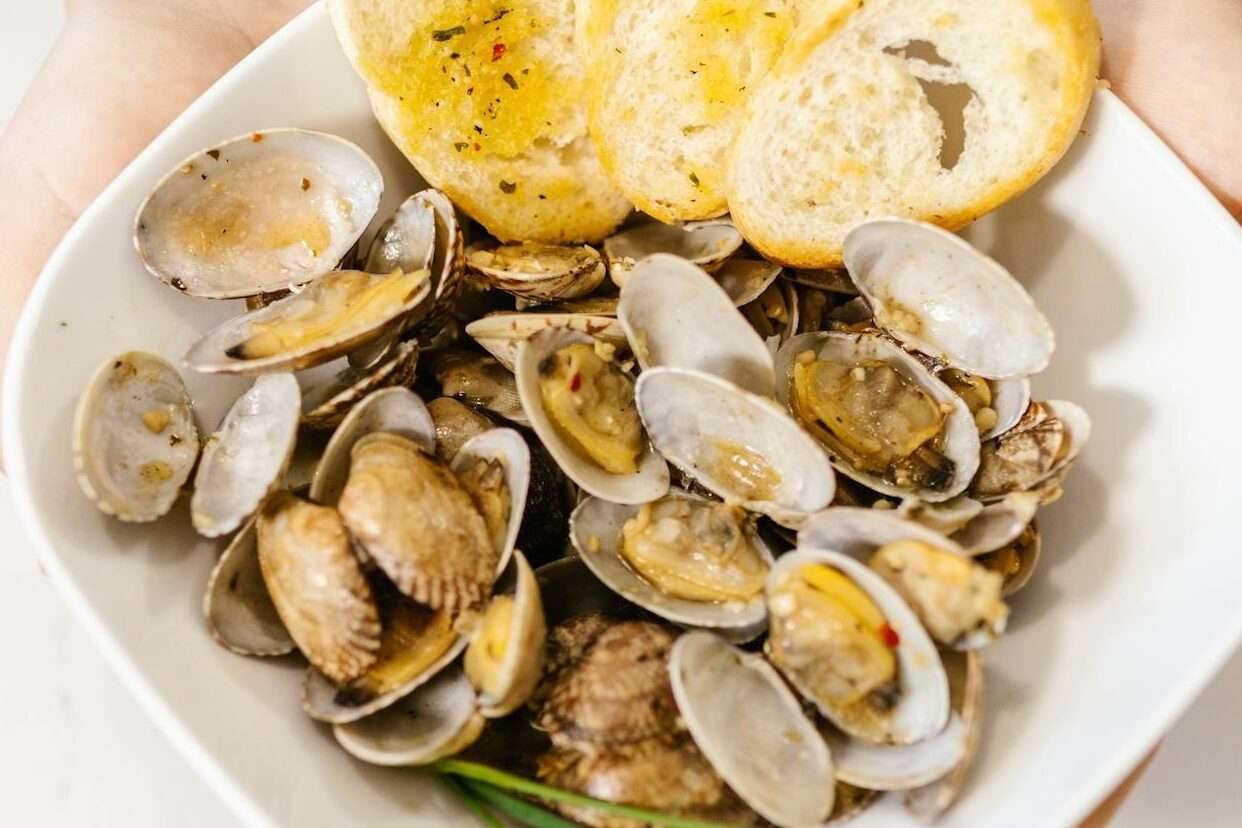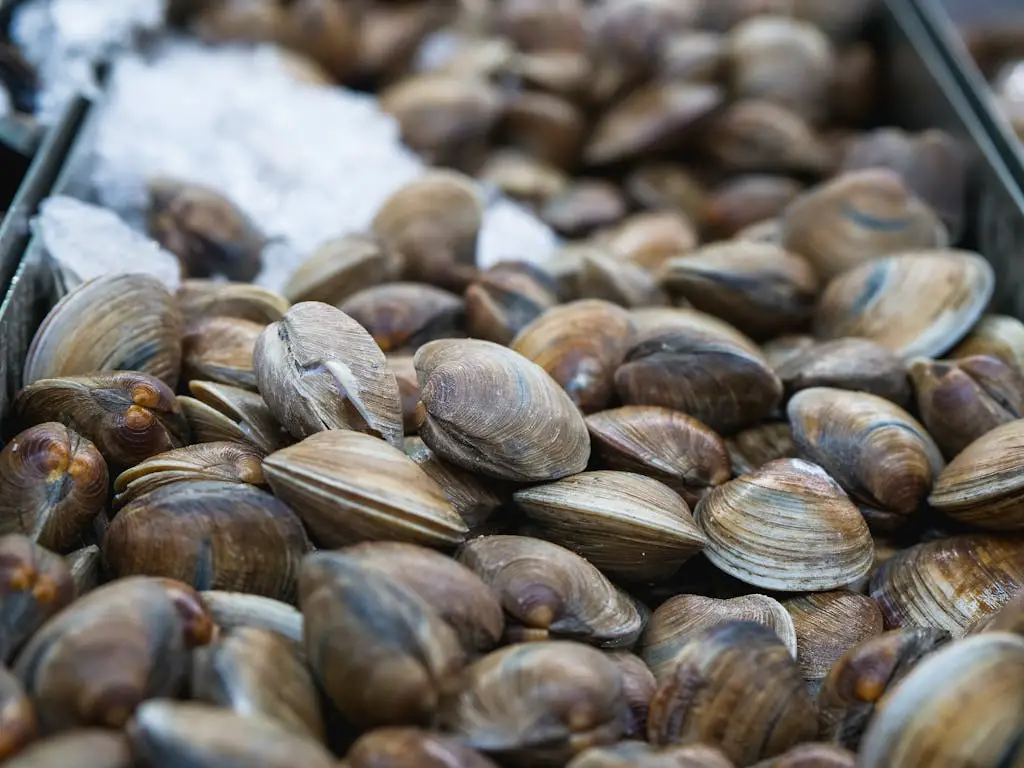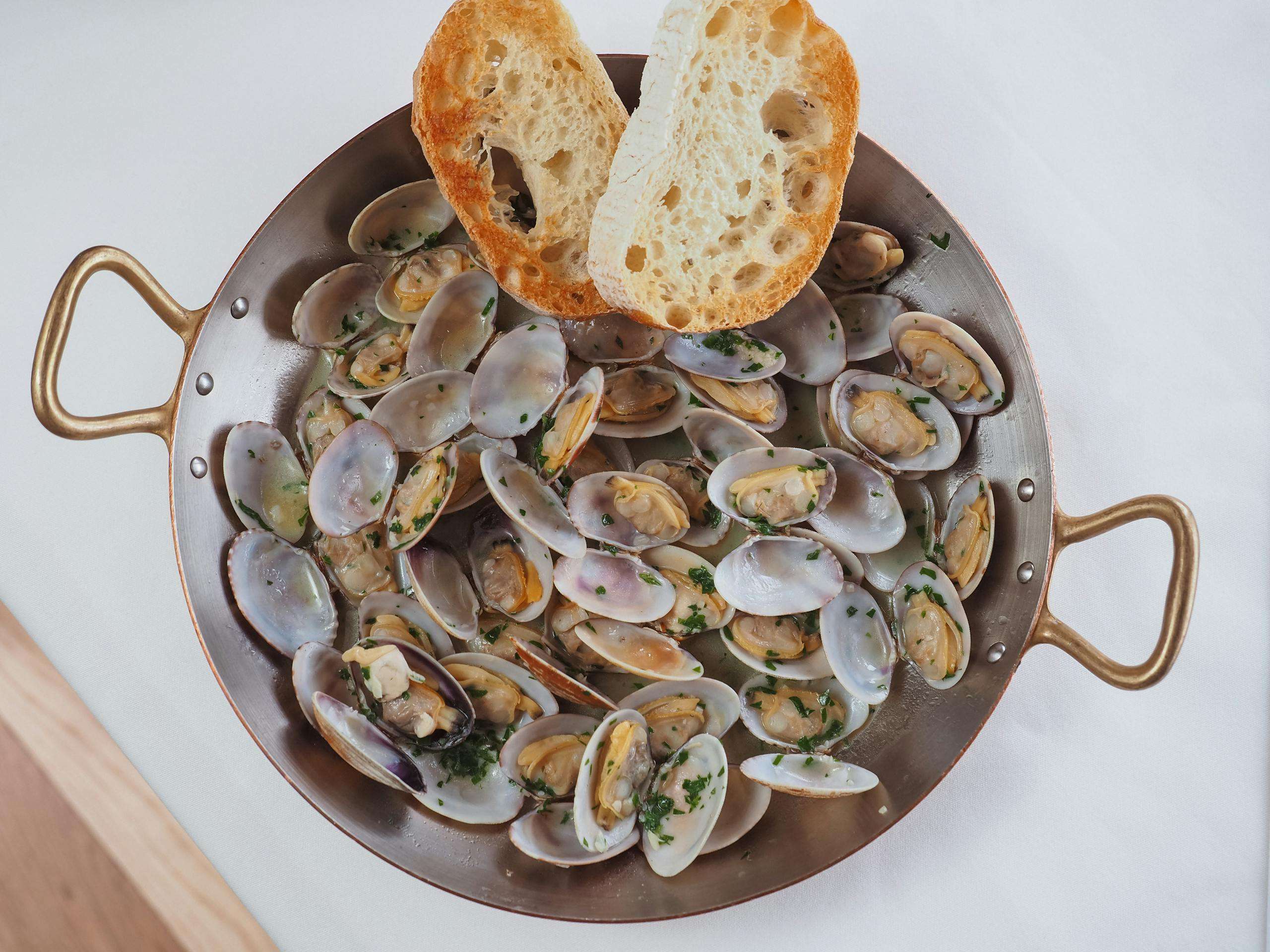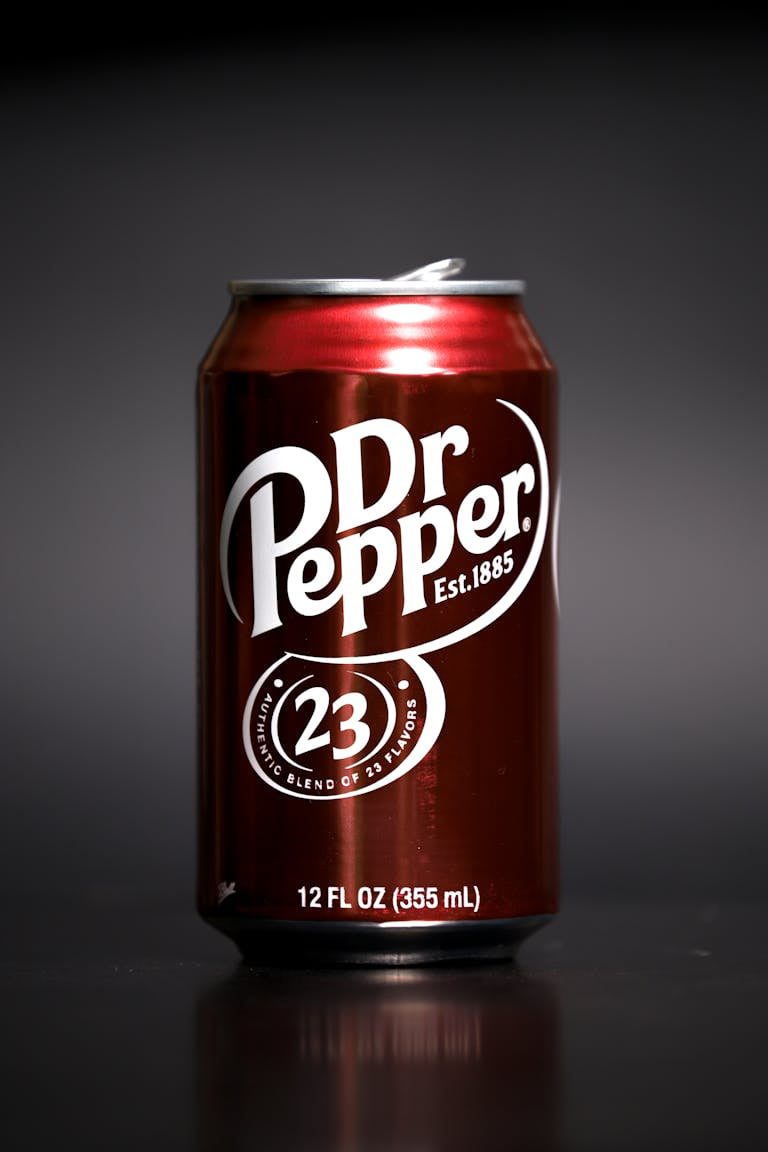Are Clams Halal or Haram in Islam?
When it comes to finding the answer of are clams are halal or not in Islam? it’s essential to delve into Islamic teachings, particularly the Quran and Hadith. The classification of seafood, including clams, often sparks debates among scholars and Muslims who seek to follow a halal diet strictly.
ANSWER: THE MAJORITY OF THE SCHOLARS CONSIDER CLAMS AS HALAL.
About Clams
Clams are a type of shellfish found in both saltwater and freshwater environments. They are bivalves, meaning they have a two-part hinged shell. Clams are commonly consumed in various cuisines around the world, either raw, steamed, or cooked in different dishes. Their nutritional value, rich in protein, iron, and omega-3 fatty acids, makes them a popular choice for seafood lovers.

Are Clams Halal to Eat For Muslims?
The question of whether clams are halal hinges on interpretations of Islamic dietary laws. The Quran provides guidance on what is permissible (halal) and what is forbidden (haram). However, the classification of shellfish, like clams is not explicitly mentioned, leading to different opinions among Islamic scholars.
Verse of the Quran Regarding Sea Foods
In the Quran, Allah says:
“Lawful to you is what you catch from the sea and use for food as provision for yourselves and for the travelers…” (Surah Al Maidah: 5:96)
This verse indicates that seafood is generally permissible. However, some scholars differentiate between fish and other sea creatures, leading to varied opinions on whether shellfish like clams are halal.
The majority view is that all seafood, including clams, is halal, but some schools of thought, particularly the Hanafi school, consider shellfish haram due to their classification as scavengers.
Disadvantages of Eating Clams
While clams are nutritious, there are some considerations to keep in mind:
- Allergies: Some individuals may be allergic to shellfish, leading to severe reactions.
- Toxins: Clams can accumulate toxins from polluted waters, which may pose health risks.
- Purity Concerns: In some cases, clams might be harvested from contaminated environments, making it crucial to source them from clean, halal-certified suppliers.

Conclusion
Whether clams are halal or haram depends on one’s interpretation of Islamic teachings. The majority opinion favors the permissibility of consuming clams, aligning with the general view that seafood is halal.
However, consulting a knowledgeable scholar or local religious authority for personalized guidance is advisable. When in doubt, opting for alternatives like fish may be a safer choice.
Frequently Asked Questions
Are All Sea Foods Halal?
Most Islamic scholars agree that all sea foods are halal, with the exception of those that are harmful or poisonous. However, some schools of thought, such as the Hanafi, have stricter views on certain types of sea creatures, including shellfish.
Is It Halal to Eat Raw Clams?
Eating raw clams is generally permissible if the clams are halal and sourced from a clean environment. However, due to the risk of contamination, it is safer to consume them cooked.
Do All Islamic Schools of Thought Agree on the Halal Status of Clams?
No, while the majority view is that clams are halal, some schools, like the Hanafi, consider them haram. It's advisable to consult with a scholar from your specific school of thought.






